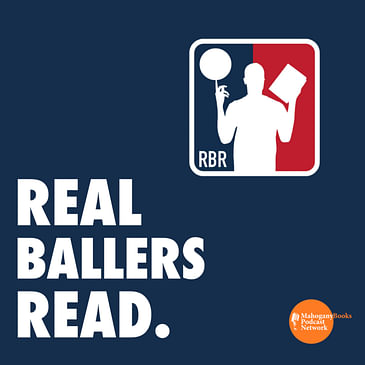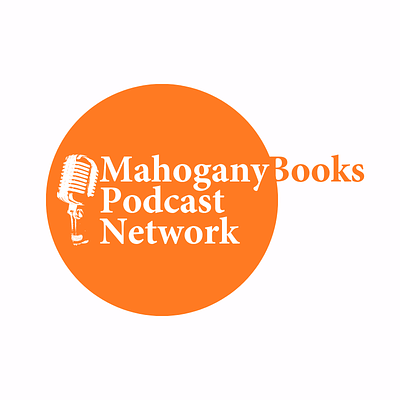In this episode, we talk with our dad, Robert Menafee, about jazz and all of the things that jazz shines a light on.
--- Send in a voice message: https://podcasters.spotify.com/pod/show/realballersread/message Support this podcast: https://podcasters.spotify.com/pod/show/realballersread/support


